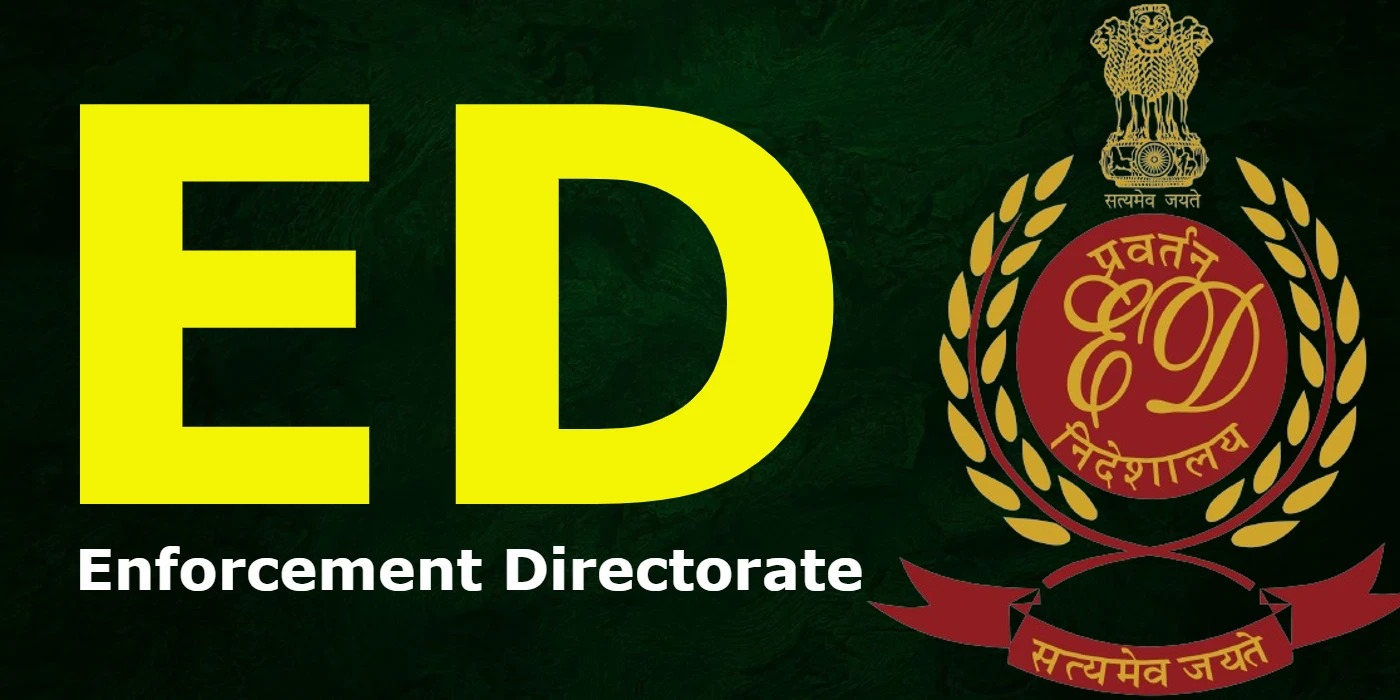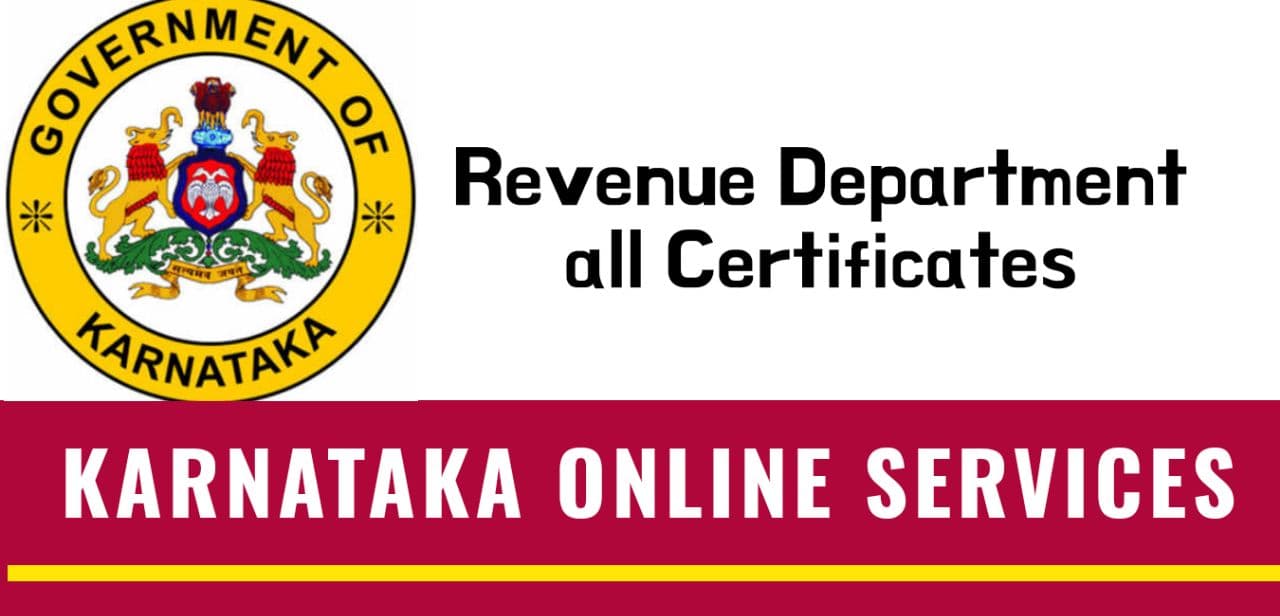1. By this petition filed under Article 226 of the Constitution of India, the petitioners-employer are challenging the legality of Award part-1 declared by the Industrial Tribunal on March 4, 1982 holding that the employer-trust is an undertaking and an industry within the meaning of Section 2(j) of the Industrial Disputes Act, 1947. The facts giving rise to filing of the petition are as follows.
2. The petitioner-trust was formed in the year 1958 and was registered as Society under the Societies Registration Act. The aims and objects of the Trust were to achieve unity amongst Cuthci Visa Oswal Derawasi Jain, to achieve development and progress to their religious, social and educational life and activities, to establish temples. Dharmashalas, educational institutions etc., to institute all acts and activities aimed for furthering fraternity and unity amongst Jain and to raise funds by acceptance of donations, subscriptions, contribution etc. The Trust possesses large number of properties in Bombay and had employed about 42 workmen in different sections for carrying out various duties. The workmen employed by the Trust formed a union and submitted the demands in respect of pay scales and other conditions of service. The demands were not accepted and thereupon the Union sought a reference and the Government of Maharashtra in exercise of powers conferred by Clause (d) of Sub-Section (1) of Section 10 of the Industrial Disputes Act made reference to the Industrial Tribunal. Bombay in respect of demands consisting of wages, dearness allowance and festival holidays.
3. The workmen''s Union filed the Statement of Claim submitting that the activities of the employer are well organised to render service on the commercial basis after collecting required charges from the people, who receive the services which are rendered with the help and co-operation of the workmen employed by them. It was further claimed that the employer carries on activities of giving on hire and rent, the buildings, godowns, shops, meeting halls, marriage halls and other premises known as ''Atithee Griha'' (guest house). The workmen claimed that out of the above activities, the employer is making huge profits collecting high charges, rents etc. and the profits are established at Rs. 3 lakhs in a year. The petitioner-Trust filed the written statement, inter alia, claiming that the petitioner Trust is not an undertaking which is an industry under the Act as the principal activity is to render services to the public at large and the services rendered are purely religious in nature. The petitioners denied that the Trust carries on commercial activities such as letting out the properties on hire or rent. The petitioners claim that the main income of the Trust is from donations and not from the rent recovered from various properties.
On these pleadings, the Industrial Tribunal raised the preliminary issue as to whether the petitioner Trust is an industry as contemplated under the Act. After recording evidence, both oral and documentary, the Tribunal came to the conclusion that the Trust has extensive properties which requires employment of about 50 persons and the services rendered are not only charitable in nature, but the Trust is conducting business of rendering services to the people of the community and in response gets donations, offerings and other sources of income. The Tribunal came to the conclusion that the petitioner Trust is carrying out adventure which has significant aspect of economic adventure. On the strength of the findings the answer to the preliminary issue was recorded in favour of the workmen and Award Part I was declared and that award is under challenge.
4. Dr. Kulkarni, learned counsel appearing on behalf of the workmen, raised preliminary objection to the maintainability of the petition submitting that this Court should not exercise writ jurisdiction to interfere with the award passed by determination of preliminary issue. The learned counsel urged that it is now well settled that High Court should be slow in entertaining the petition against interim orders passed by the Tribunal. I am not inclined to uphold the preliminary objection raised by Dr. Kulkarni for more than one reason. In the first instance, the petition is pending in this Court for last over four years and it will be waste of time and work to the detriment of the workmen if the petition is disposed of on the preliminary ground and the employer is permitted to have a second inning. Secondly, I have heard the petition on merits and I find that the grievance made by the petitioner-Trust against the award Part-1 is without any substance.
5. Shri Cama, learned counsel appearing on behalf of the petitioners, submitted that the petitioner-Trust was constituted with an object which is purely religious in nature. The learned counsel urged that the members of the Managing Committee carry out or perform the functions of the Trust with the assistance of few workmen and is such case it would not be proper to hold that the petitioner Trust is an undertaking which can be described as an industry under the provisions of the Act. The submission of the learned counsel is not correct. The aims and objects of the Trust are not purely religious in nature, but also include objects for advancement of members of the community. The perusal of the aims and objects of the Trust clearly indicate that some of the objects, like achieving unity amongst the members of the community or development of social and educational life or to raise funds by acceptance of donations, subscriptions and contributions are not objects which are purely religious in nature. Equally, the claim that the Trust are performed by members of the Managing Committee with the assistance of few workmen is not correct. The Annexure ''A'' to the Statement of claim filed by the workmen clearly indicates that about 42 workmen, like cashiers, clerks, watchmen, sweepers, Pujaris, liftmen are engaged by the petitioner Trust for carrying out different duties at the Trust office, at Bhat Bazar temple, at Atithi Griha situate, at Chinch Bunder, at Lal Badi and at Ghatkopar. The various duties performed by the watchmen have no bearing or have no nexus to the religious performance carried out in the temple of the trust. The cashier, sweeper, clerk and watchman are engaged purely for the activities which have no relation whatsoever with the religious activities. The evidence on record clearly indicates that the Trust has purchased large number of properties, including godowns, shops and halls. The godowns and shops are let out on rent, while the halls are used for the performance of marriages and for holding meeting and for which charges are recovered. It has come on record in the evidence of the workmen that the properties owned by the Trust consist of several floors and many of them are used as Sanitoriums. The Trust have also constructed a five storey building with a godown on the ground floor and these premises are let out for occupation. Shri Cama urged that these properties have been hired out to the Jains who visit the city and only a token rent is charged and therefore it cannot be suggested that the properties are used for commercial advantages by the Trust. The submission is not accurate, because the question is not whether commercial advantage is realised by the Trust from these properties, but whether the activities of letting out of the properties amount to an industry. It is not in dispute that the workmen are engaged to clean the property and to provide facilities to the residents, like service of food etc. These activities are clearly commercial in nature.
6. Shri Cama then submitted that the Trust provides for spiritual benefits and not material benefits and therefore the petitioners could not be treated as an industry. The submission is that the petitioner Trust runs temple and the people come to visit the temple to secure spiritual benefits, and not material benefits and therefore, the workmen like Pujari is not giving any material advantage to the devotees so as to consider the petitioner Trust as industry. It is impossible to accede to the submission of the learned counsel. Whatever may be the aims and objects of the petitioner. Trust, there is hardly any doubt that the petitioners are carrying out commercial activities by letting out godowns, halls, shops etc. It is futile to suggest that the petitioners merely provide spiritual benefits and not material benefits. It has come on record that the Pujari is engaged on a monthly salary and the Trust accepts donations and offering before the deity. The Pujari is engaged for giving service to the devotees and the services are not necessarily spiritual in nature.
Shri Cama then submitted that even assuming that some of the activities carried out by the petitioners are commercial in nature, still the predominant activity of the petitioners is religious and spiritual. In support of the submission it is claimed that the principal income received by the Trust is from donations and contributions and not from letting out of the shops and godowns and sanitorium rooms. The question as to what activities are carried out by the petitioner Trust is not to be determined with reference to the monetary returns received by the petitioner. In case the petitioner Trust chooses to let out the property on a nominal rent, probably because the letting is done to the members of the community, then it is futile to compare letting amount with the donations and contributions to claim that the predominant activity is not commercial. As the petitioners have acquired large number of properties at several places in Bombay and are letting out the same and the workmen are employed to give services at those properties and which are not religious in nature, then it is futile to suggest that the petitioner Trust is not an undertaking which falls under the definition of an industry within the meaning of the Act. Shri Cama invited my attention to paragraphs 15 and 161 of the judgment of the Supreme Court in
7. Accordingly, rule is discharged with costs.

